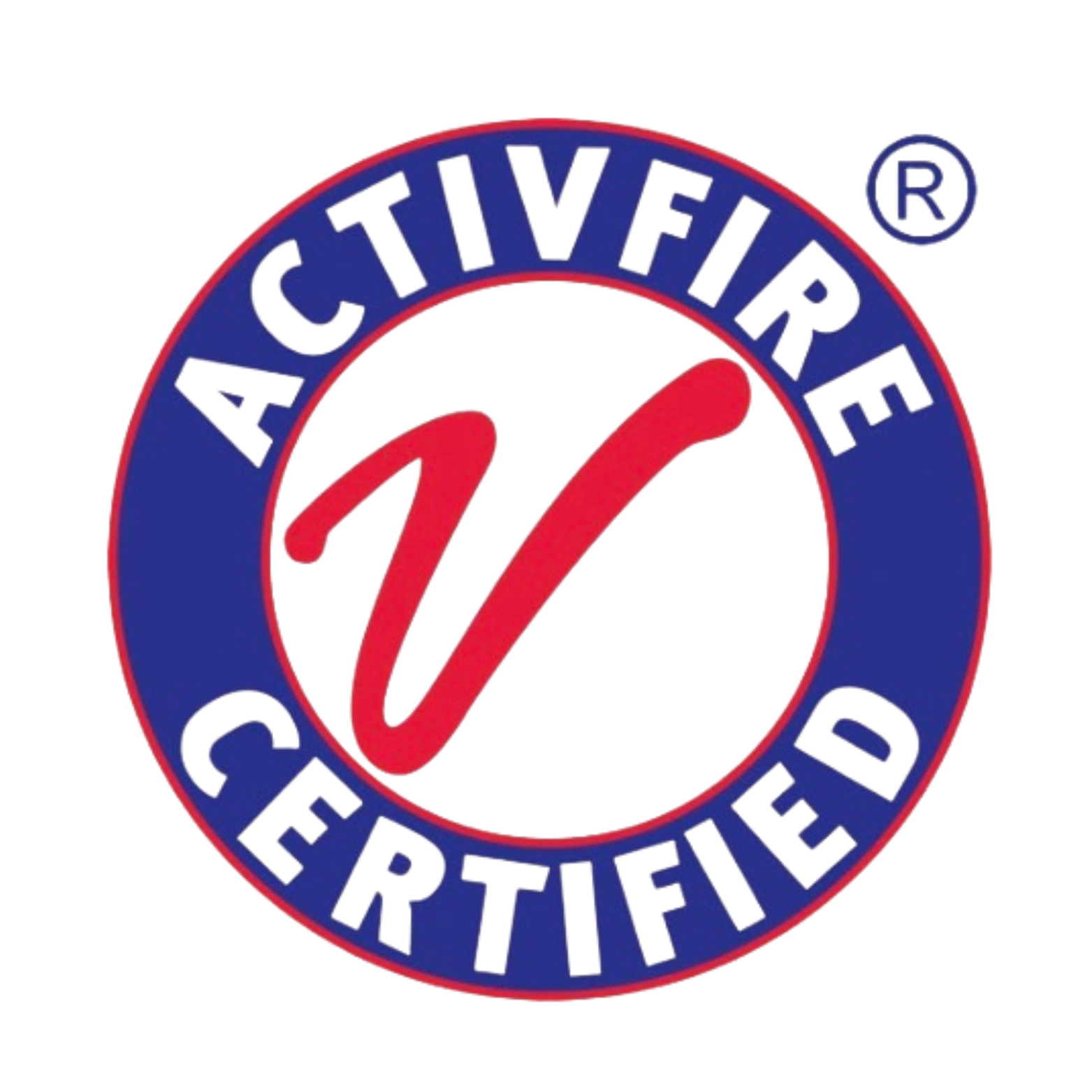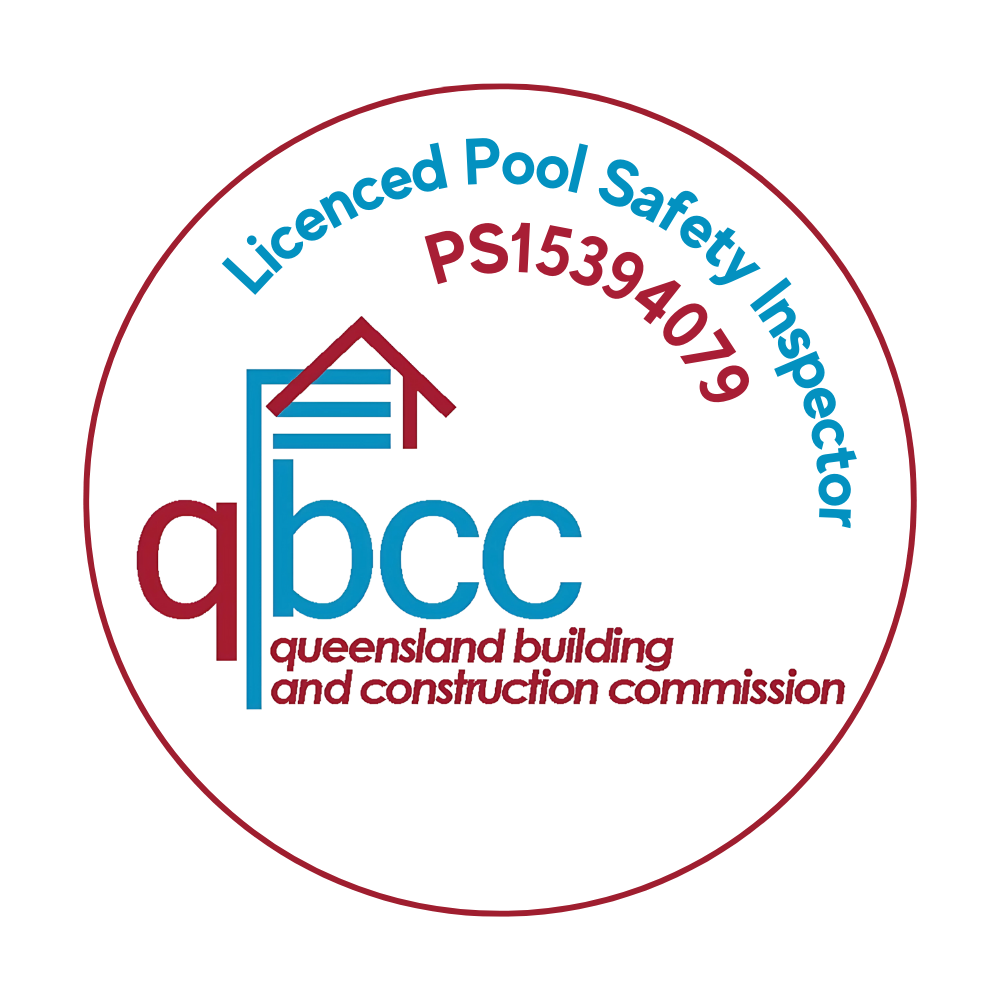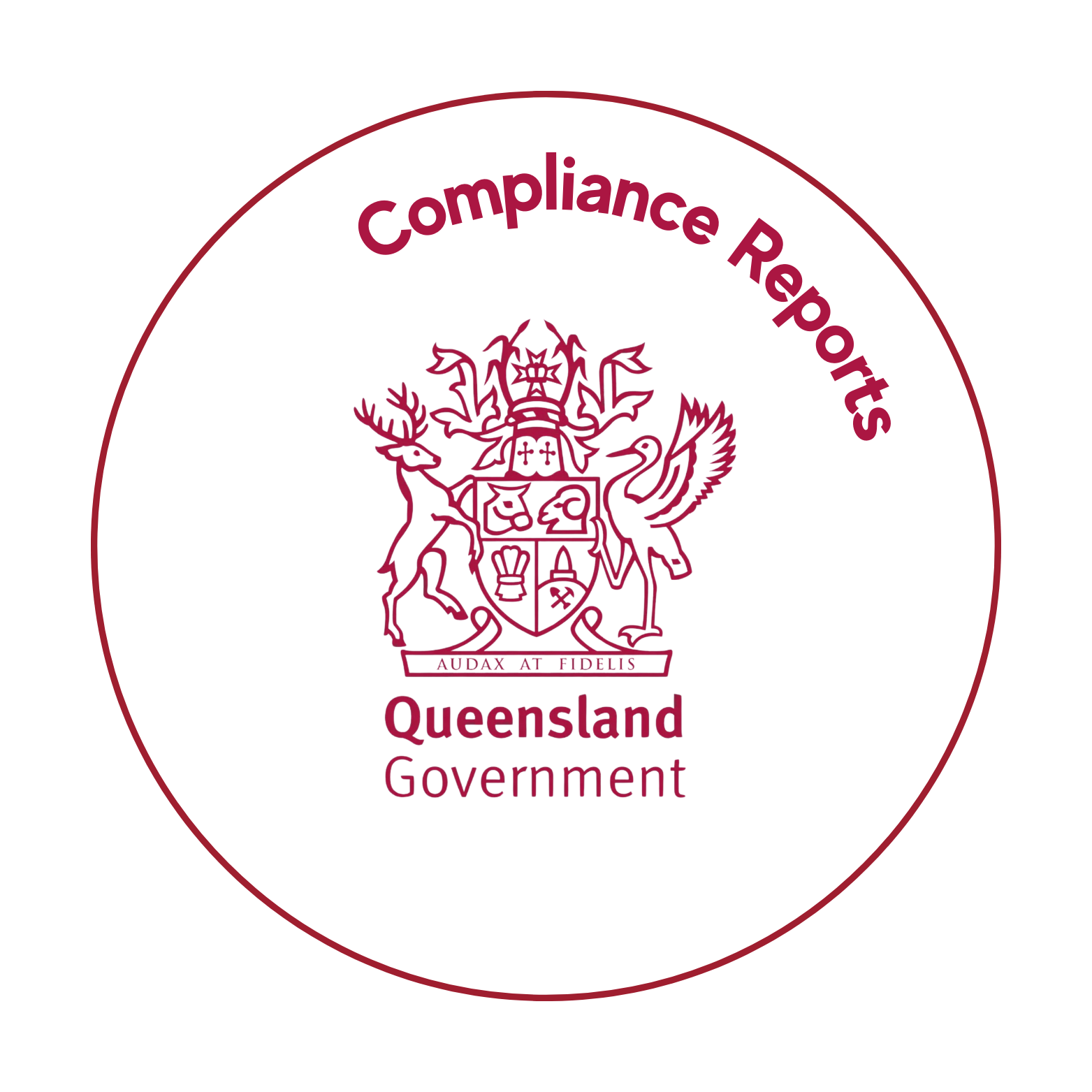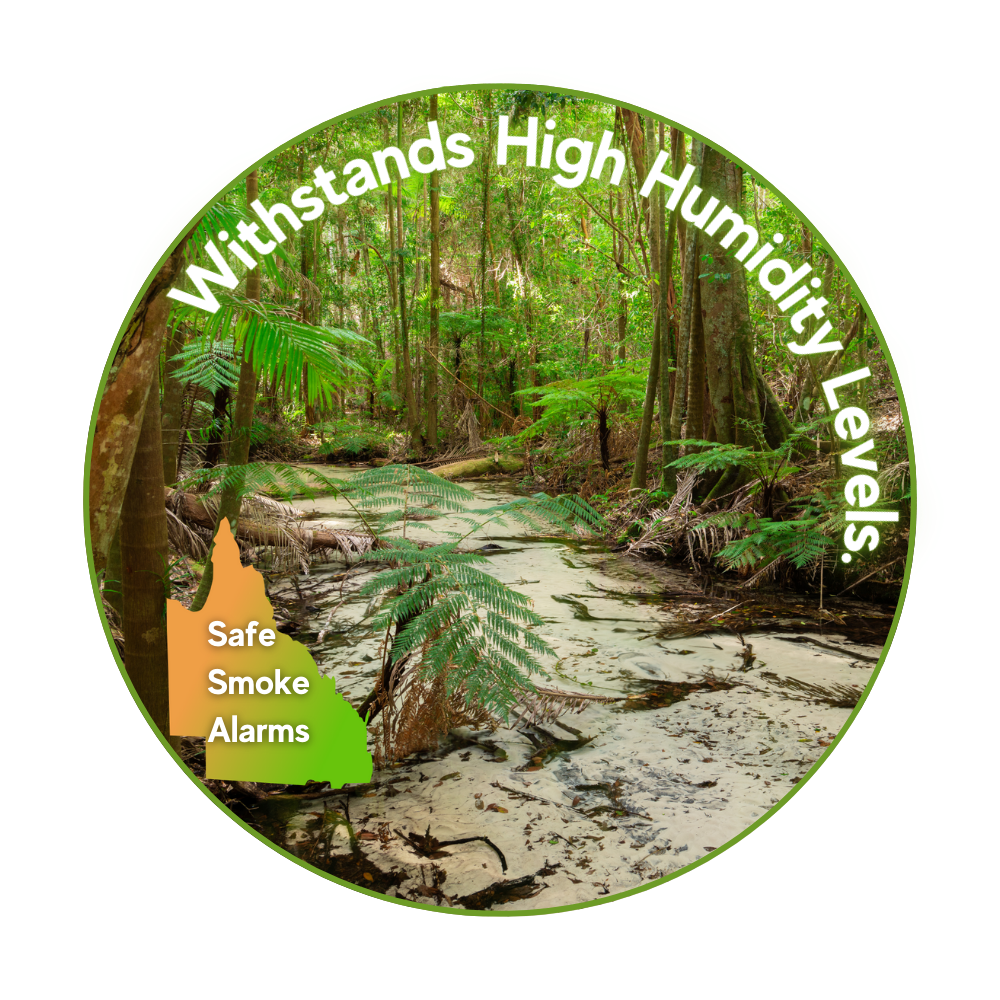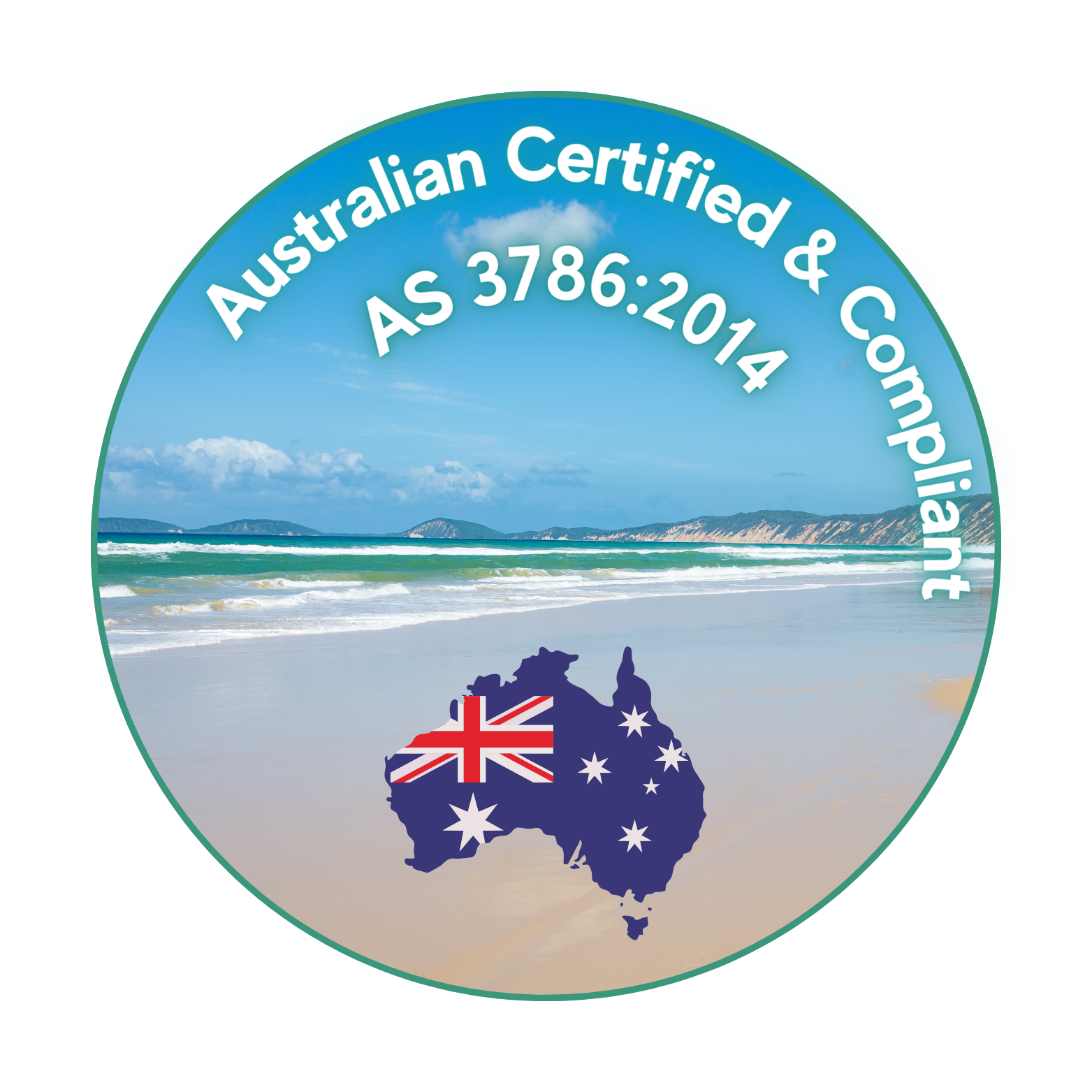Motorhome & Caravan Compliance
Travel with confidence and ensure safety and compliance while on the road
COMPLIANCE
Why Compliance Matters
for Caravans & Motorhomes
Smoke alarms are vital for fire safety, particularly in compact living spaces like motorhomes and caravans. About 60% of fire-related fatalities occur in homes without functioning smoke alarms. By ensuring your vehicle is equipped with compliant photoelectric smoke alarms, you can significantly reduce the risk of fire hazards.
From 1 July 2024, all caravans or motorhomes whose Queensland registration is commencing or being transferred must have a photoelectric smoke alarm installed on the ceiling.
From 1 January 2027, all other Queensland registered caravans and motorhomes must have a photoelectric smoke alarm installed.
Queensland Fire Department (QFD) recommends unregistered caravans and motorhomes, as well as mobile homes, have a working smoke alarm installed to give occupants early warning of fire.
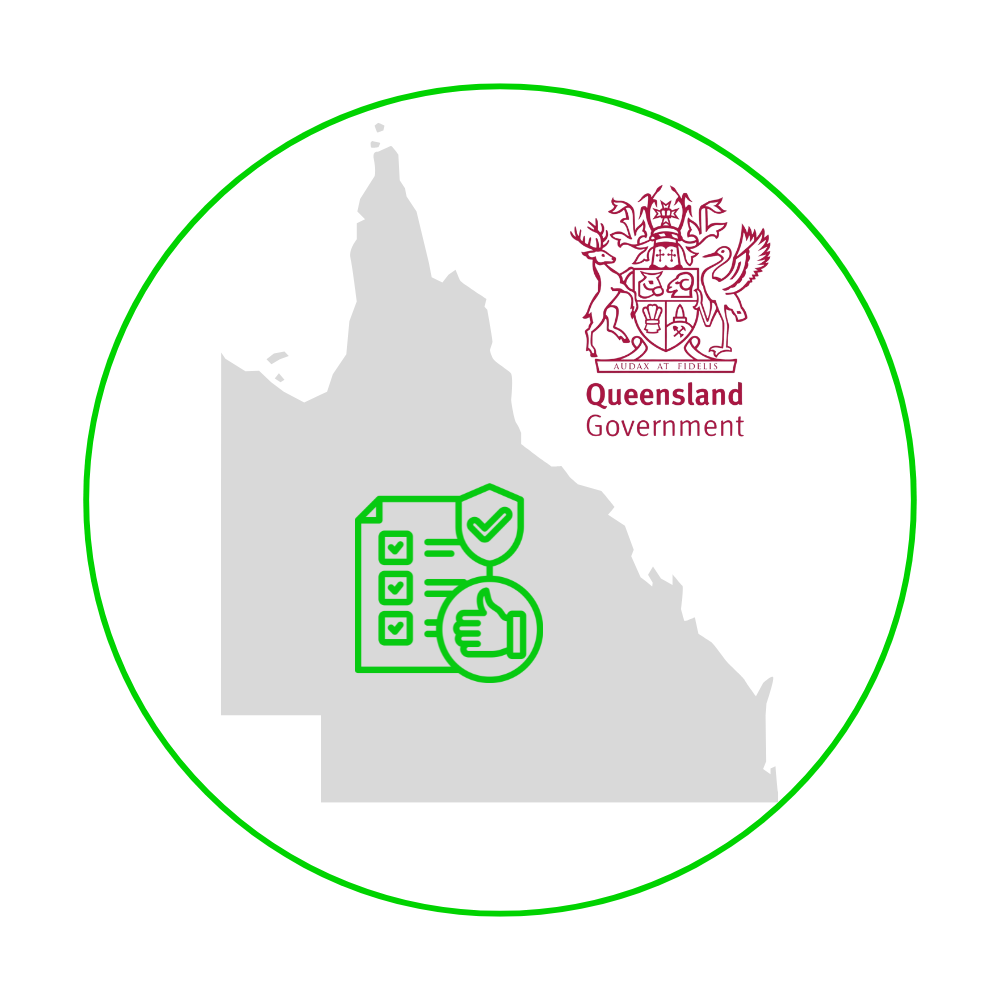

the Benefits of
Photoelectric Smoke Alarms
Photoelectric smoke alarms are designed to detect smoldering fires more effectively than traditional alarms. Their advanced technology offers numerous benefits:
- Faster Detection: Photoelectric alarms are designed to detect smoldering fires more quickly, giving you precious time to evacuate.
- Fewer False Alarms: These alarms are less likely to be triggered by cooking smoke or steam, which is particularly important in smaller living spaces.
- Improved Safety: Early warning systems greatly enhance your safety and the safety of your passengers.
COMPLIANCE
Requirements
To ensure your motorhome or caravan meets the 2025 regulations, please pay attention to the following compliance requirements:
- Type of Alarm: Only photoelectric smoke alarms that meet Australian Standard AS3786-2014 are approved for installation in motorhomes and caravans.
- Installation Locations
- Sleeping Areas: Each designated sleeping area in the motorhome or caravan must be equipped with a dedicated smoke alarm.
- Living Areas: Alarms should also be placed in the main living spaces to ensure adequate coverage throughout the vehicle.
- Every Level: For multi-level motorhomes or caravans, at least one smoke alarm must be installed on each level.
- Interconnected Alarms
Wherever feasible, smoke alarms should be interconnected so that if one alarm detects smoke, all alarms will sound, enhancing overall safety. - Maintenance and Testing Routine testing and maintenance of smoke alarms are vital for safety. Owners should know how to conduct monthly tests and ensure that the alarms remain in good working order.
- Alarm Lifespan
Smoke alarms in motorhomes and caravans need to be replaced every 10 years. Keeping track of installation dates is essential for compliance. - Compliance Certification
A compliance certificate confirming that the smoke alarms in your motorhome or caravan meet the required standards must be readily available for inspection.

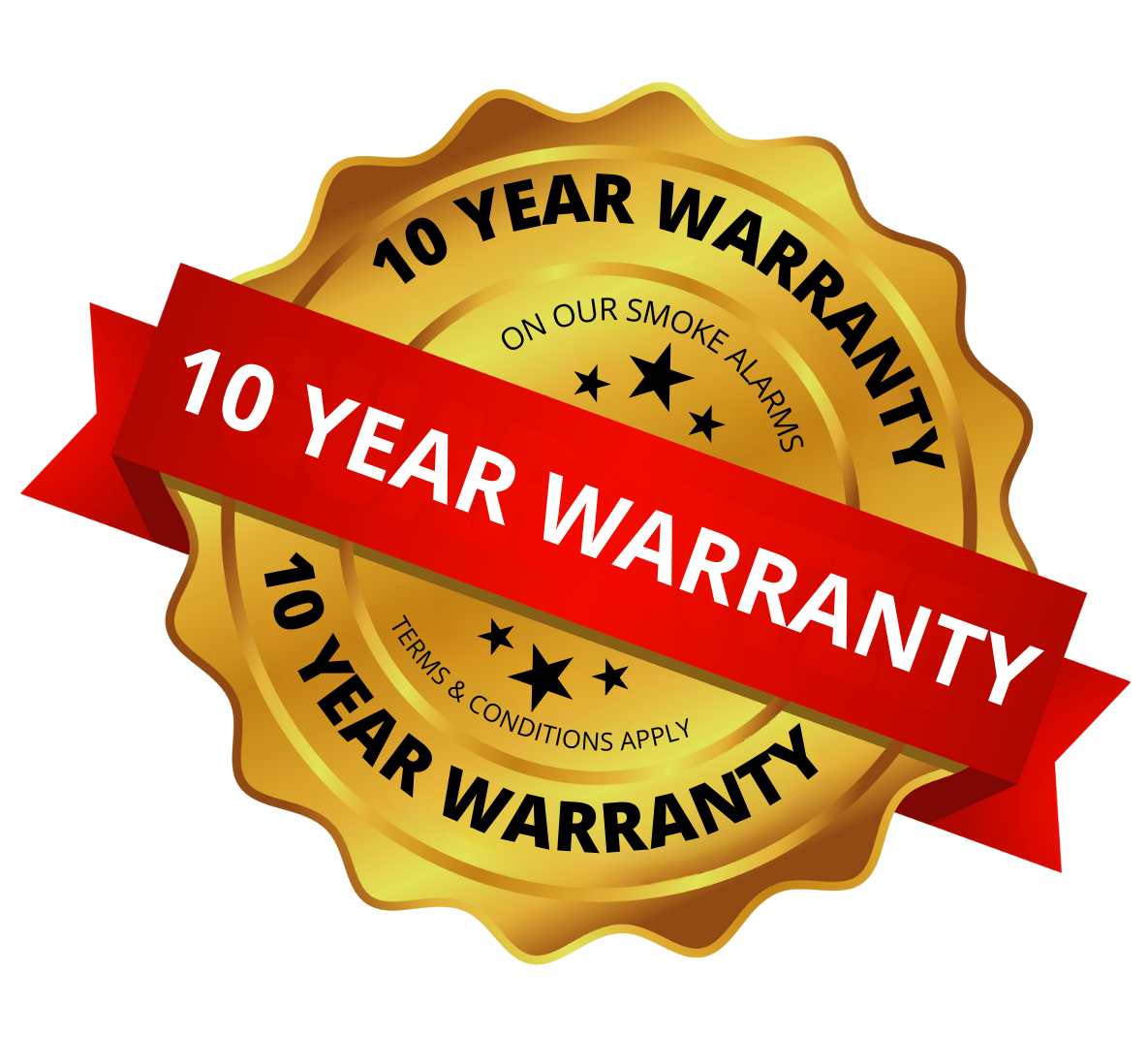
You can be assured that you are not only compliant but also well-protected, as we exclusively use the highest quality Australian certified smoke detectors.

